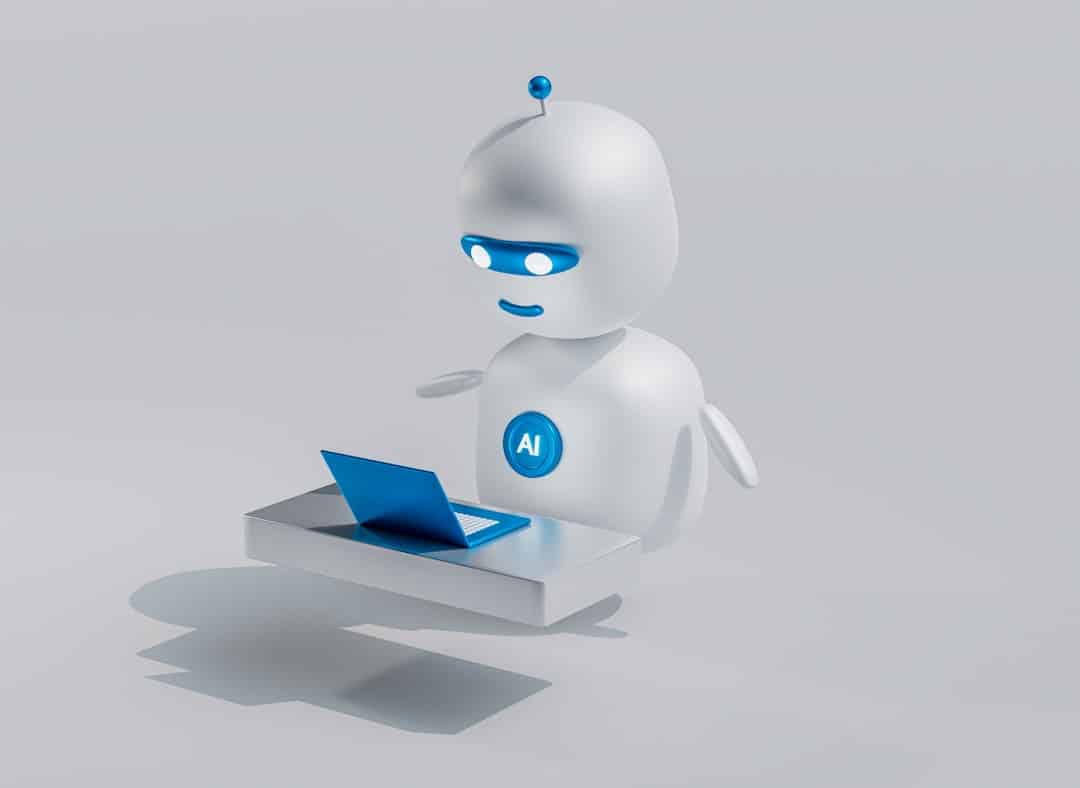Artificial Intelligence (AI) has rapidly evolved from a futuristic concept to a practical tool that is transforming daily operations across industries. Businesses around the world are leveraging AI to improve efficiency, cut costs, and make better decisions. As organizations embrace digital transformation, understanding the most impactful use cases of AI in the workplace is essential for staying competitive and future-ready.
Below are the top seven use cases for AI that are reshaping the way we work today.
Contents
1. Customer Service Automation
AI-powered chatbots and virtual assistants are revolutionizing how companies handle customer interactions. These tools are available 24/7, offer immediate responses, and can handle a vast number of inquiries simultaneously. By automating routine questions and triaging issues, human agents can focus on more complex customer problems. This not only enhances user experience but also reduces operational costs.

2. Data Analysis and Business Intelligence
AI excels at processing large volumes of data and identifying patterns that would take humans days or even weeks to uncover. With machine learning algorithms, companies can perform predictive analytics, understand customer behaviors, and refine marketing strategies. Tools like natural language processing (NLP) allow unstructured data from documents, emails, and social media to be analyzed for valuable insights.
3. Recruitment and Talent Management
Finding and retaining top talent can be one of the most resource-intensive processes for any organization. AI solutions can significantly streamline hiring by:
- Automatically screening resumes based on predefined criteria
- Assessing candidate fit using predictive analytics
- Reducing unconscious bias through anonymized evaluations
Beyond recruitment, AI is being used to tailor employee learning paths, predict turnover, and enhance workforce planning.
4. Process Automation and Efficiency
One of the most immediate benefits businesses are seeing from AI is in robotic process automation (RPA). These AI-driven systems can perform repetitive tasks such as data entry, invoice processing, and report generation more quickly and accurately than human employees. This results in enhanced productivity and allows skilled staff to concentrate on high-impact work.

5. Fraud Detection and Security
AI contributes significantly to the fields of cybersecurity and financial fraud detection. By continuously monitoring network traffic and banking transactions, AI systems can identify unusual activity and flag potential threats in real time. These systems learn over time, becoming increasingly accurate at detecting anomalies and reducing false positives, offering a robust layer of digital protection.
6. Personalized Marketing and Customer Insights
Consumers today expect companies to understand their preferences and tailor communication accordingly. AI enables hyper-personalized marketing by analyzing customer data such as browsing history, purchase behavior, and interaction history. Tools powered by AI can generate targeted content, recommend products, and optimize campaign performance on the fly, ensuring maximum return on investment.
7. Product and Service Innovation
AI is also a driving force behind innovation. From autonomous vehicles to intelligent healthcare diagnostics, AI is enabling the development of entirely new offerings. In the workplace, AI is being utilized to forecast market trends, simulate product designs, and even co-create content. The continued advancement of generative AI models means that industries like entertainment, design, and software development will become increasingly AI-enhanced.
As AI technology matures, its integration into the workplace will only become deeper and more comprehensive. While challenges remain—such as ethical concerns, job displacement, and the need for clear regulation—AI’s potential to redefine work is undeniable. Forward-thinking organizations that strategically adopt AI stand to gain a significant edge in the evolving digital economy.
Conclusion: From automating routine tasks to delivering deep business insights, AI is a transformative force across industries. Its applications are diverse, and as technology continues to progress, it is becoming more accessible for organizations of all sizes. Embracing AI is no longer just an option—it’s a strategic imperative for businesses seeking growth, agility, and resilience in the modern workplace.

